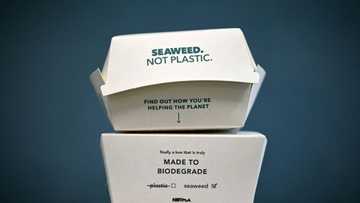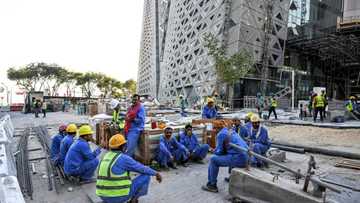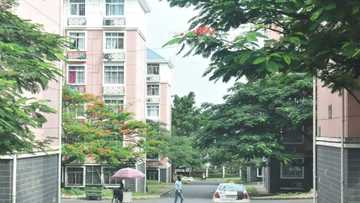Celebrated Greek cheesemakers brought low by inflation
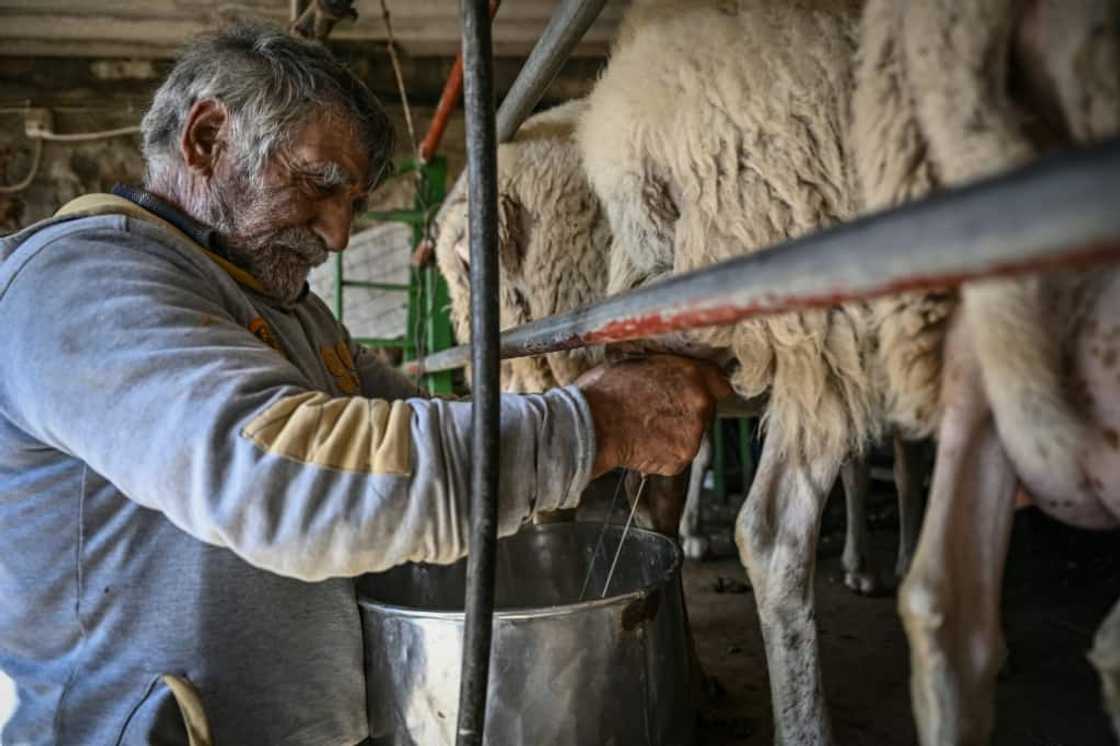
Source: AFP
PAY ATTENTION: Never miss breaking news – join Briefly News' Telegram channel!
On his bougainvillaea-covered farm on the Greek island of Naxos, Yannis Karganis milks his sheep, wondering anxiously how he will cope with soaring costs and keep his cheesemaking business afloat.
After the war in Ukraine sparked an inflationary spiral in the price of cereals, fuel and other goods, farmers on Naxos and across the country have been left fearing for their survival.
"I earn nothing from my cheeses," says the septuagenarian, who makes Naxos graviera, a hard yellow cheese popular throughout Greece and beyond.
"I work day and night and despite this, I still cannot live."
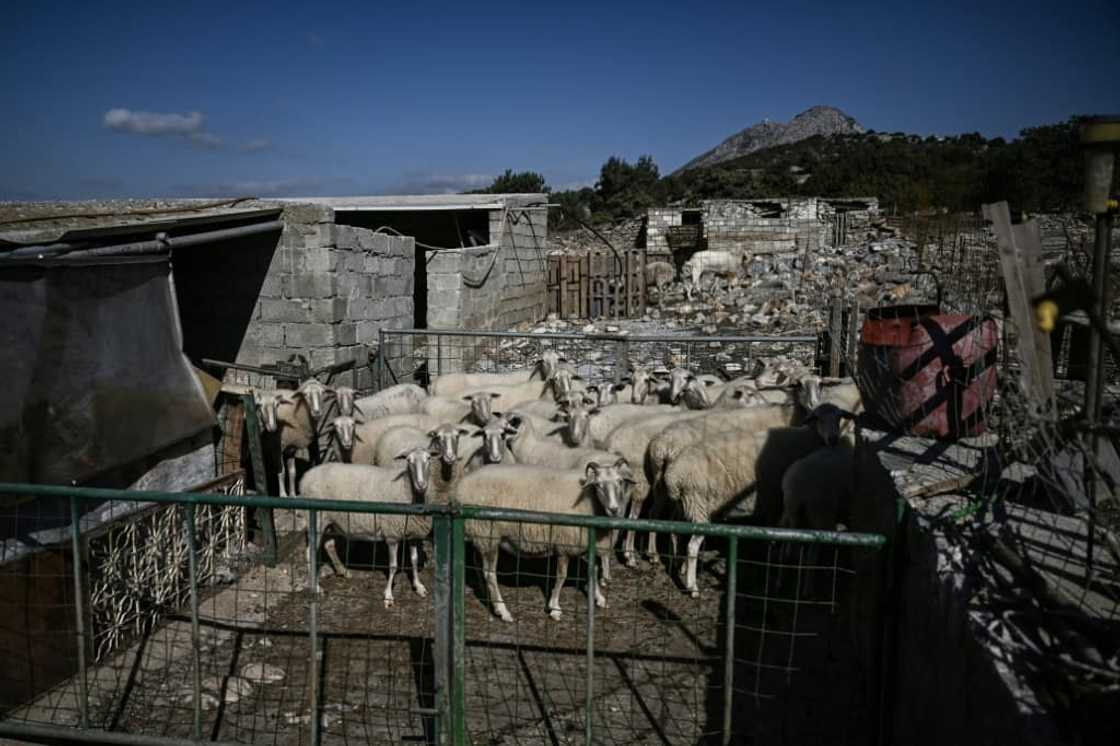
Source: AFP
PAY ATTENTION: Follow Briefly News on Twitter and never miss the hottest topics! Find us at @brieflyza!
Inflation in Greece rose to 12 percent in September before dropping to 9.1 percent in October.
Even though the government announced nearly 280 million euros ($291 million) in support benefits for young farmers earlier this year, there is still heavy pressure on the country's agricultural sector which employs 11 percent of the workforce.
"Last year, a bag of feed cost 14 euros. This year it's 21 euros. Gasoline has skyrocketed to 2.30 euros per litre at the moment," the greying Karganis sighs, stirring a large cauldron to make cheese in his small kitchen.
Social stress
Throughout the country, social pressure is rising in the face of soaring energy prices.
In November, a general strike on the issue paralysed Greece.
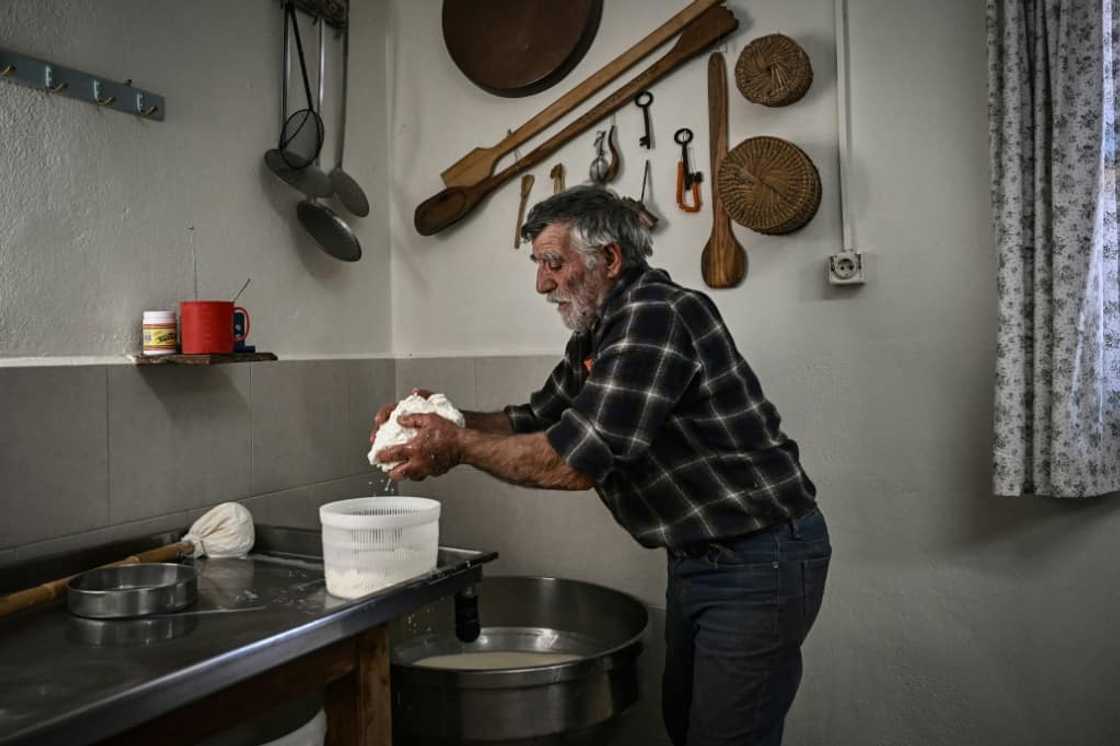
Source: AFP
Dimitris Kapounis, head of the union of Naxos agricultural cooperatives, warns that if nothing changes "in the medium term, there will be no more milk on the Greek market, no meat, potatoes, or anything else."
Naxos graviera -- made from 80 percent cow's milk and 20 percent sheep or goat's milk -- is one of Greece's most popular cheeses.
The Greeks like it sprinkled on pasta, fried or as a table cheese.
But even carrying the vaunted European Protected Designation of Origin label, and exporting to a dozen countries including the United States and Germany, hasn't helped stem the slide in output as costs ramp up.
This year, the usual annual production of more than 1,250 tons has already fallen by 130 tons, the cooperative said.
Lack of milk
The squeeze on animal feed and fuel has resulted in a fall in milk production, explains local shepherd Yannis Vavoulas.
"We can't maintain feeding them properly," the 42-year-old says.
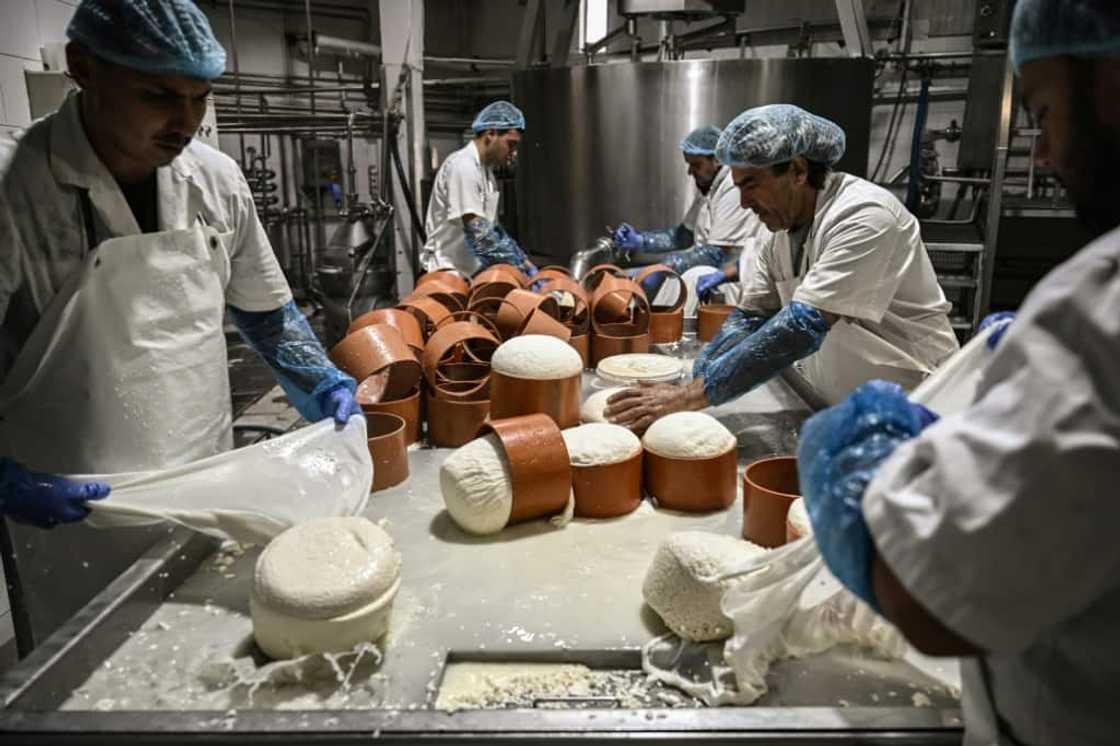
Source: AFP
"We feed them two or three times (a day) with little food," which means the animals produce less milk.
The crisis is so acute that some farmers have had to slaughter part of their herd, further reducing milk production.
Yorgos Margaritis, who owns 250 cows, is one of the local farmers to have already made this painful decision.
He gestures to some of his nearby animals which he says would normally have been inseminated by now for producing calves.
"(Instead), they will be slaughtered," he says.
The cost of transporting goods from the Greek mainland is also becoming prohibitive -- it takes more than five hours by boat to get from the main Greek port of Piraeus to Naxos.
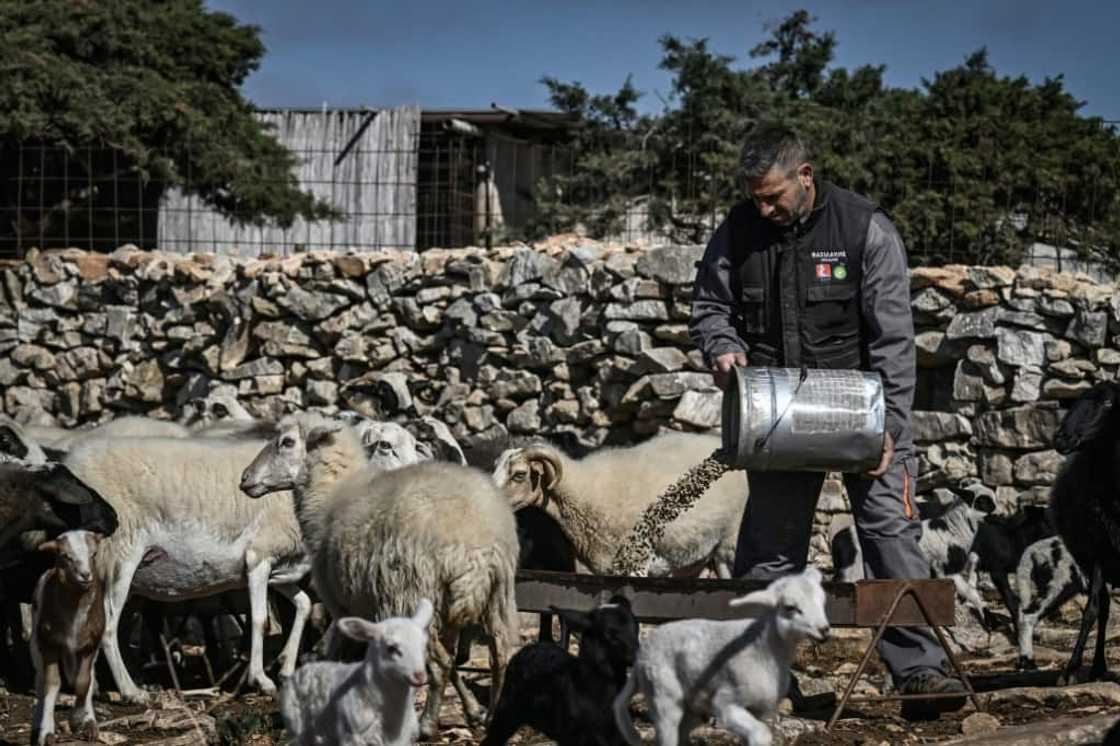
Source: AFP
In an act of desperation, the Naxos cooperative in April went as far as neighbouring Bulgaria to buy animal feed, where prices are lower.
"If the milk producers are not helped... then we are all lost," warns Yannis Kavouras, head of the largest cheese factory in Naxos.
And as the EU's protected status regulations permit only the use of local milk, shipping it in from elsewhere is not an option either.
"If the producers don't bring any more milk, what am I going to use -- water?" wonders Kavouras.
PAY ATTENTION: Сheck out news that is picked exactly for YOU ➡️ find the “Recommended for you” block on the home page and enjoy!
Source: AFP

